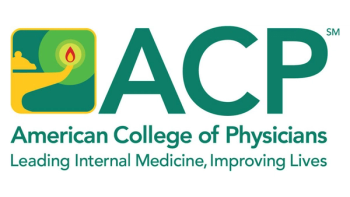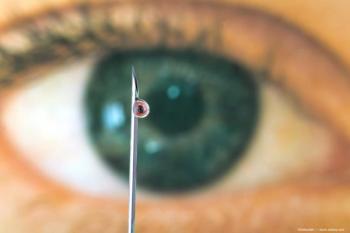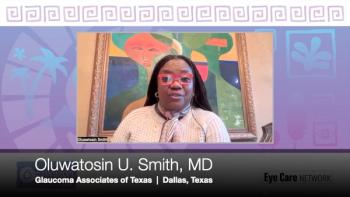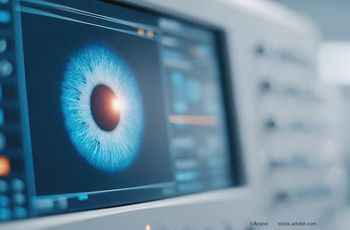
Many more options available for refractive correction
General ophthalmologists today can provide a variety of refractive surgery options to their patients who expect to see well without glasses or contact lenses.
The fourth annual meeting, held Feb. 4, 2005, offered a broad spectrum of topics that ranged from corneal refractive surgery to intraocular refractive surgery.
Surgeons showed how they were able to achieve excellent visual outcomes in patients with complex ocular problems as well as to analyze factors such as the effect of the health of the ocular surface and of pupil size on a successful refractive outcome.
Even though this year's symposium was geared toward general ophthalmologists, the panel of speakers presented substantial in-depth clinical information that one would hear at a meeting for subspecialists.
Ella G. Faktorovich, MD, the founder of the symposium, and director, Cornea and Refractive Surgery, Pacific Vision Institute, San Francisco, ensured that the meeting addressed the expanding interests of many general ophthalmologists, including corneal refractive surgery, phakic IOLs, and refractive cataract surgery.
Ronald R. Krueger, MD, medical director, Department of Refractive Surgery, Cole Eye Institute, Cleveland Clinic Foundation, Cleveland, OH, opened the symposium with a presentation of clinical experience for using wavefront maps to diagnose and as a guide to treatment for both normal and highly aberrated eyes, including detecting early keratoconus, diagnosing early cataracts, and treating symptomatic patients following refractive surgery.
Dr. Krueger also emphasized that, unlike topography, interpretation of the wavefront map requires continuous reference to the pupil size, especially when comparing wavefront maps before and after refractive surgery. The wavefront maps change with the change in pupil size, therefore the pupil size needs to be standardized when analyzing preoperative versus postoperative aberrations.
Newsletter
Don’t miss out—get Ophthalmology Times updates on the latest clinical advancements and expert interviews, straight to your inbox.





























